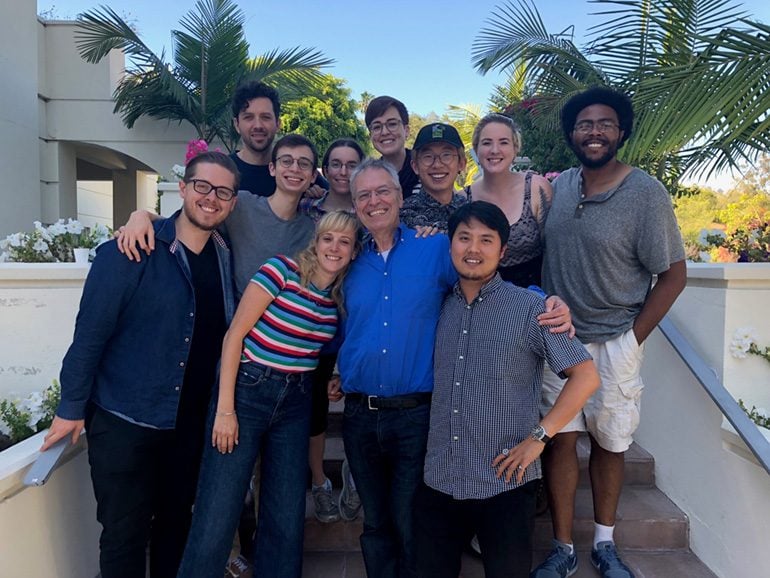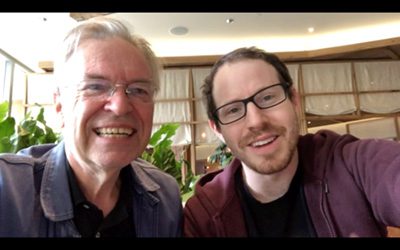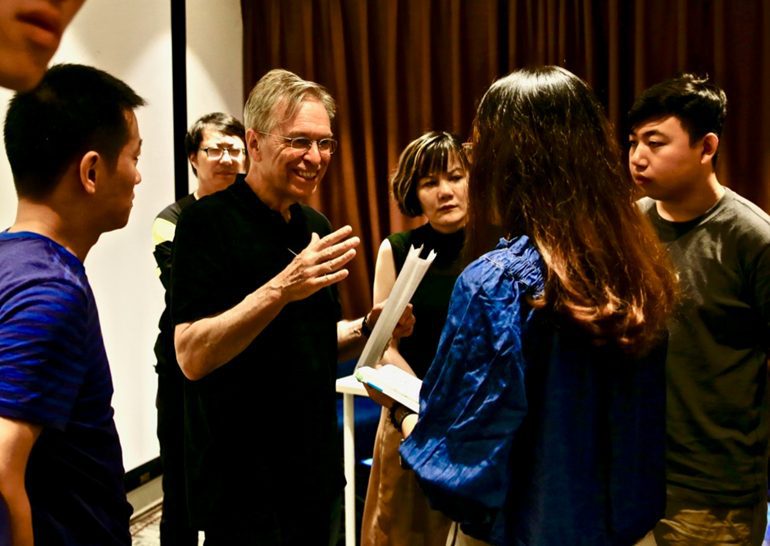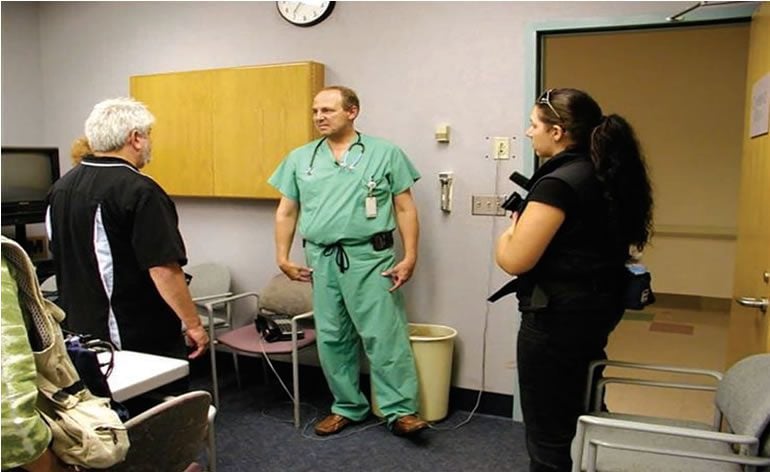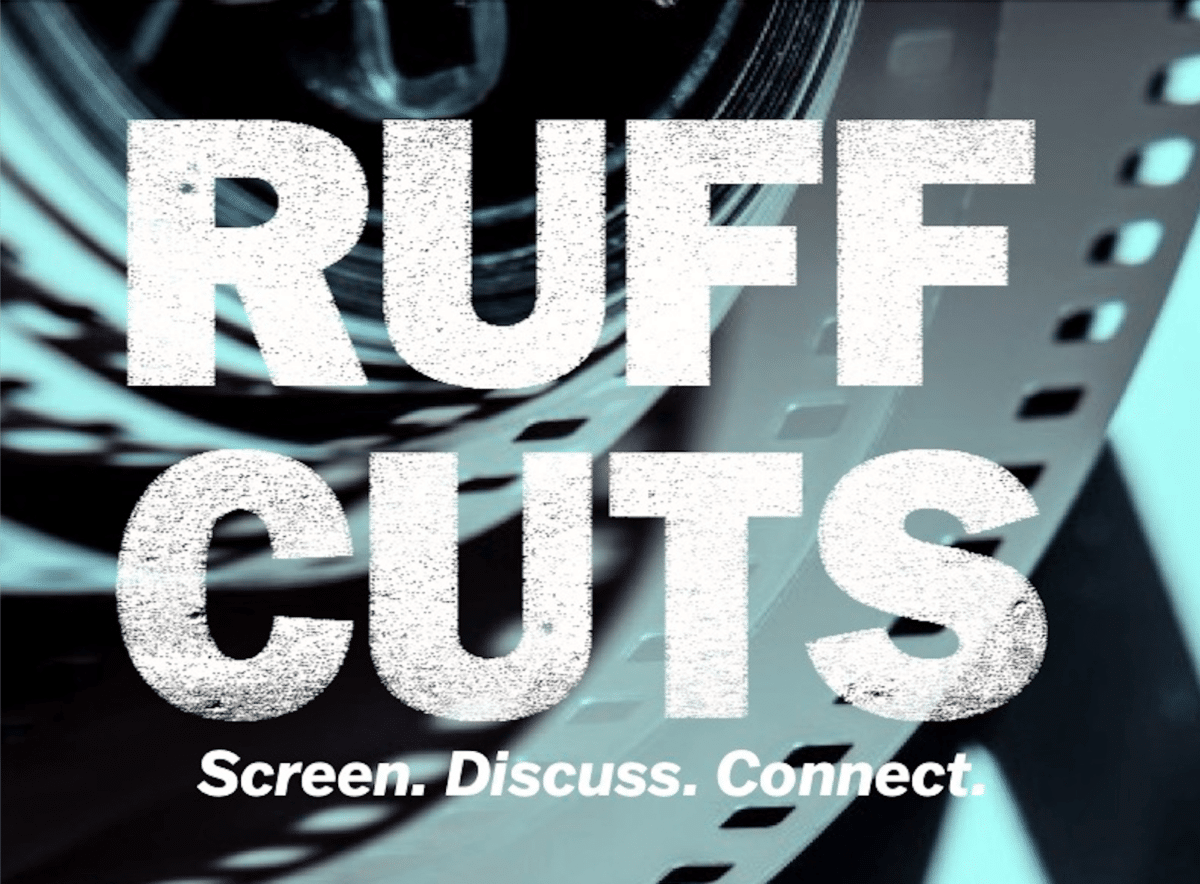Tips for Aspiring Directors – Interview with Peter Markham
StudentFilmmakers Magazine: Are there any specific questions a director should ask when meeting with a scriptwriter?
Peter Markham: What’s the story?
You want to ensure the story the writer wants to be told is the same story you understand they want to be told. Perhaps they are not telling that story in their screenplay or maybe they are but you are misunderstanding it. (You should ask this simple, obvious question of all of the creative team.)
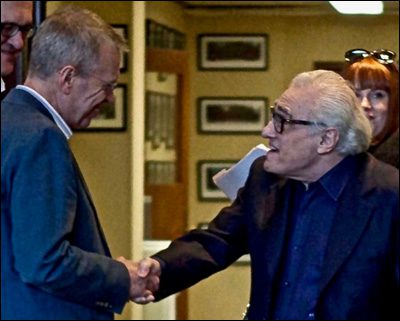
Peter Markham: This is a great question. On Gangs of New York, Martin Scorsese frequently had writer Kenneth Lonergan (Manchester by the Sea) sitting beside him on set. Sadly, this is unusual, particularly in the production environment here in the US, where directors and writers often seem to form two opposing camps. There should be only one camp: THE MOVIE! Also, respect the writer! If you decide to make the film, surely you respect the script? If you don’t, why are you making it? Secondly, the director needs to understand the nature of screenwriting. Here is a passage from my book:
Because screenwriters write—they use words on the page to describe the action and provide the dialogue of the film—many people assume that the means of their discourse defines the limits of their currency. The screenwriter writes the words, the director and cinematographer add the images, the actors the emotions, each cumulative step in the creation of a film discrete and inviolable by the others. This is a misperception, in the first instance because filmmaking is a collaborative process, each craft serving and served by each other craft, and in the second because a good screenwriter writes so much more than words and dialogue.
Filmmaking, like any art—and it’s an art above all and not merely a business—is an evolutionary, explorative process. When it becomes sectarian, a territorial battle between crafts, it falters and fails. So go to the writer with questions and thoughts, and be open to their responses. Oddly enough, this also applies when you yourself are the writer! I remember being with Anthony Minghella on location for The English Patient, when he suddenly threw his script pages up into the air and yelled in disgust, “What was the writer thinking?” Well, you see, Ant himself was the writer! But his writer self and his director self, although both brilliant, had failed to collaborate on that scene! He quickly worked it all out though and the film went on to win 9 Academy Awards—but it was thinking back to that moment that gave me the idea for my book.
A concluding thought. A screenwriter should spend time in a cutting room. It’s vital they become aware of that step in the storytelling process.
StudentFilmmakers Magazine: What was one of the most important things you learned on set?
Peter Markham: Not to be seduced by the culture of the set—the practice, the hardware, the jargon, the camaraderie—but to stay focused on what is happening in front of the lens, whether there’s an actor in the frame or there isn’t. This was hard for me to begin with as I’d been a 1st AD for many years and was already happily seduced!
StudentFilmmakers Magazine: If you could share your Top 3 Directing Tips for aspiring filmmakers, what would they be?
Peter Markham:
(#1.) Cinema is a matter of what’s in the frame and what’s out. Martin Scorsese.
(#2.) When I make a movie, I’m the audience. Martin Scorsese.
(#3.) Find the questions and ask them—the simple ones, the obvious ones, but especially the ones that scare you.



